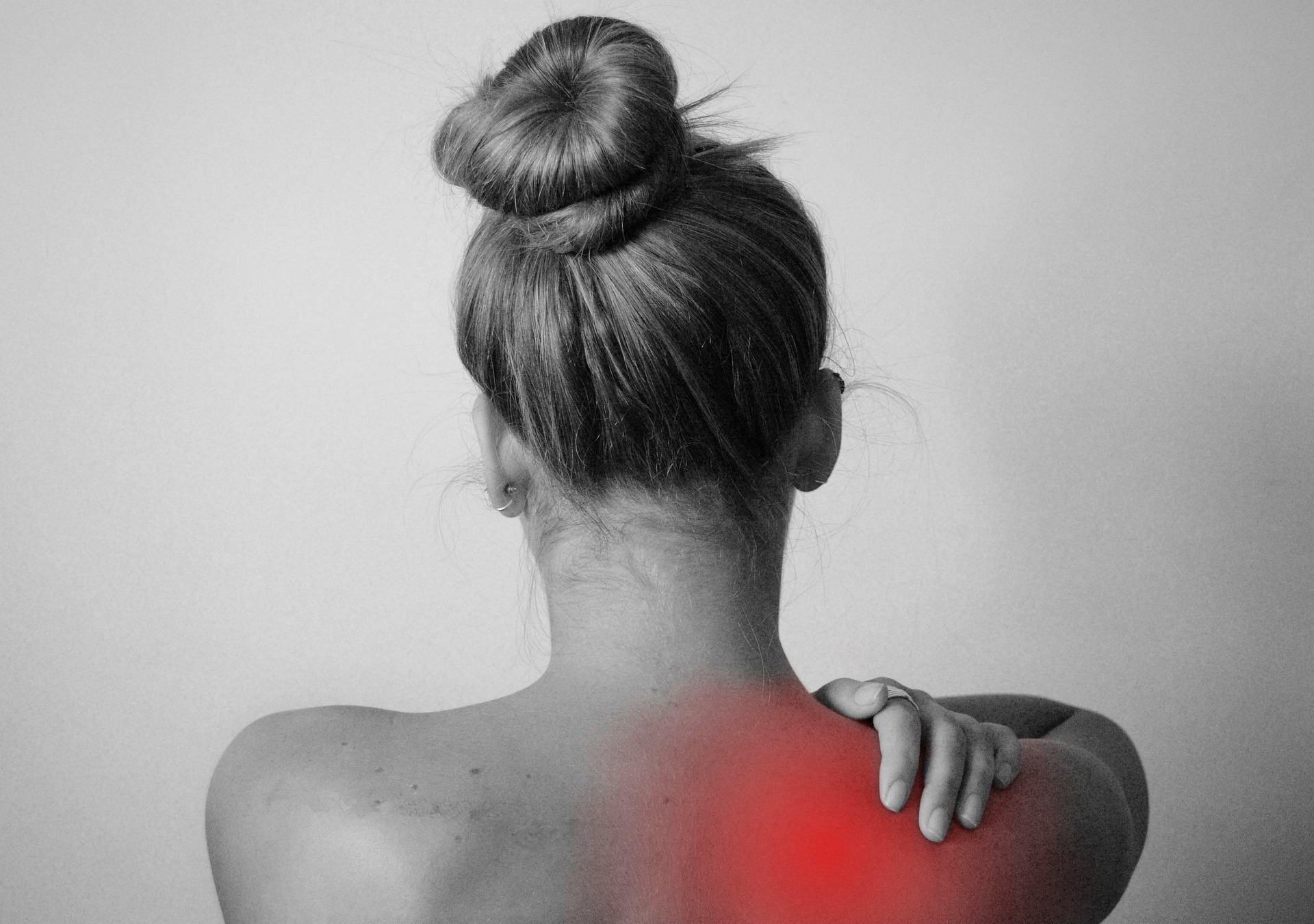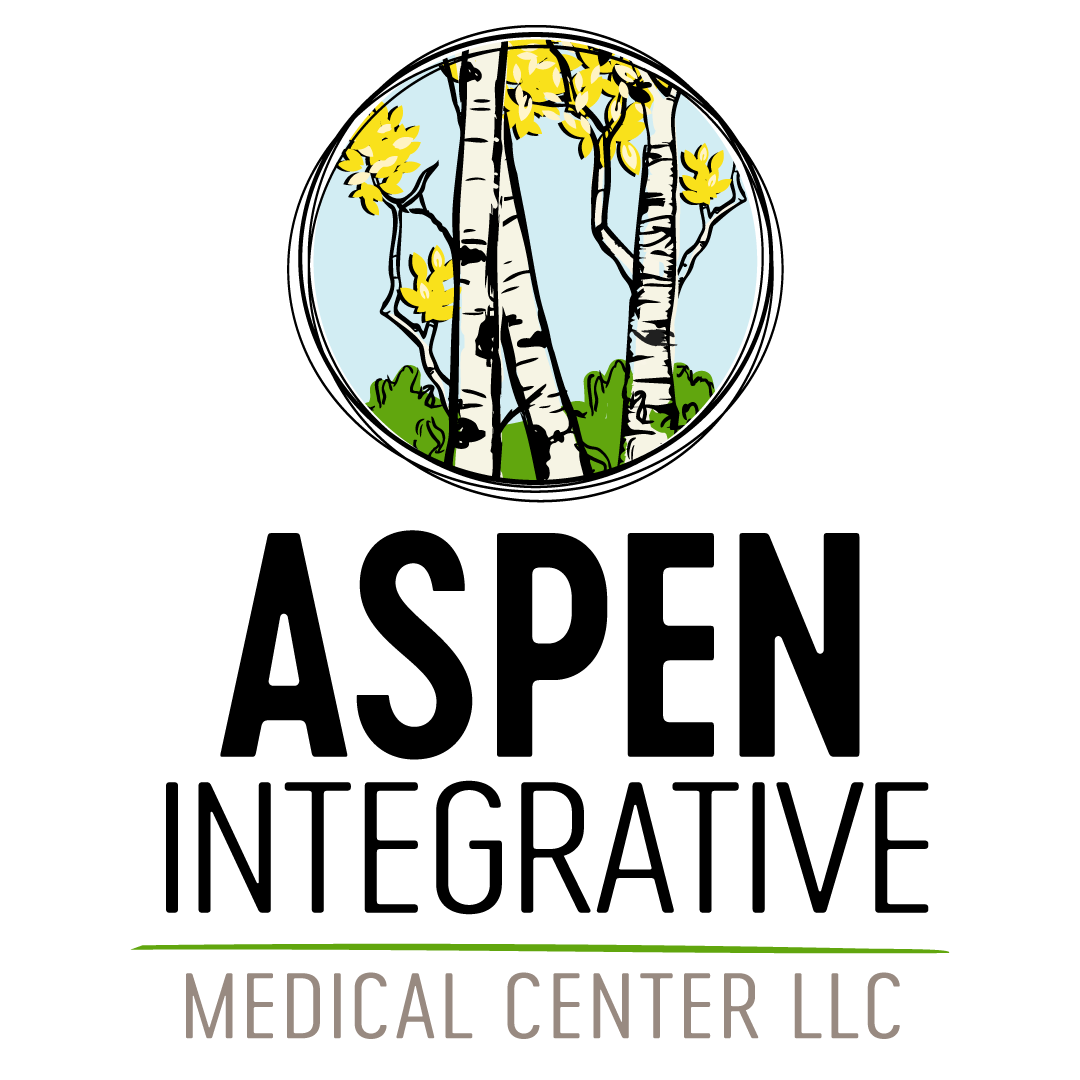
Understanding When and How to Treat Inflammation
It’s drilled into our heads over and over. Inflammation is bad! Take this anti-inflammatory medicine! Inflammation is the enemy! Stop it in its tracks!
But, is inflammation always the enemy?
Let’s start by talking about the difference between acute and chronic inflammation. Acute inflammation generally happens after an injury and has the symptoms of redness, heat, swelling and pain. It really shouldn’t last longer than four to six weeks and I think of it as a healing response. Having a fever during an acute illness, such as a cold or flu, is also an example of acute inflammation.
Chronic inflammation lasts longer than six weeks and, generally, I think of any ‘inflammation’ lasting longer than six weeks as a degenerative response. This means that the tennis elbow that you’ve had for two years has transitioned from the initial (acute) healing response to a dysfunctional response where the tendons in that elbow are degenerating or slowly breaking down. The breakdown of tissue is what causes pain, not necessarily inflammation.
Chronic inflammation also occurs with conditions such as rheumatoid arthritis, Hashimoto’s thyroiditis, chronic fatigue and fibromyalgia. This type of inflammation is not productive and people with these conditions need to discover the cause. It’s not easy to discover the causes of this type of inflammation, so your best bet is to see a naturopathic physician.
Naturopathic physicians are the best trained healthcare providers to look at a person as a whole and discover the multifactorial causes of chronic inflammation. Naturopathic physicians prefer to use natural treatments to alleviate symptoms and address the cause of chronic inflammation, but may also use conventional medications.
What purpose does acute inflammation serve?
In an acute injury, such as an ankle sprain, your body sends all types of help to the injured area. This help includes white blood cells, cytokines, growth factors and other types of cells that participate in the inflammatory response. The upside is that these helpers will assist in healing the injured area. The downside is that the injured area may be painful, swollen and red. Take these symptoms as a signal from your body to slow down and let that area heal!
If we are using fever as an example, your immune system kicks in and raises your body temperature in response to a virus, bacteria or other type of infection. This rise in temperature may kill some bacteria or viruses. Fever also triggers certain immune cells in your body to become more active so that they can battle the infection that is happening. We all have uncomfortable symptoms when we have a fever. Again, take these symptoms as a signal from your body to slow down and heal.
The mistake that most of us make is taking big steps to interfere with our natural inflammatory (healing) response. We will ice an injured area or take an anti-inflammatory medication when an injury or fever happens. When dealing with an injury, the long-outdated advice of RICE (rest, ice, compression and elevation), combined with popping an anti-inflammatory medication such as aspirin, ibuprofen or naproxen shuts down your body’s innate ability to heal. The injured area has little chance of healing properly and may always be an area of weakness. In the case of an acute illness, a person may be sick longer than he or she would have been if the fever had been allowed to run its course.
Most people with a fever will see it resolve in a handful of days or less with minimal intervention, so I would like to focus on strategies that can be undertaken if you have an acute injury and just can’t deal with the symptoms, or if you need to heal an area that has transitioned from inflammation to degeneration.
Herbal medicines such as boswellia, turmeric, corydalis and hops can modulate inflammation and decrease pain.
Acupuncture is a well-known treatment that alleviates pain and promotes healing.
Nutritional therapy in the form of intravenous (IV) nutrients or supplements can be useful to address nutritional deficiencies that prevent the healing process from working its best.
Diet provides the foundation to keep your immune system in tip-top shape. Eating a Standard American Diet (SAD) full of processed foods and sugar works against your immune system performing its best.
Regenerative injections such as dextrose prolotherapy and platelet-rich plasma therapy (PRP) are my forte. These types of injections are a powerful tool to stimulate the immune response to allow the body to repair injuries, arthritis and other painful areas. This results in improved function and less pain.

By: Amber Belt, ND
Written for Flagstaff Business News




